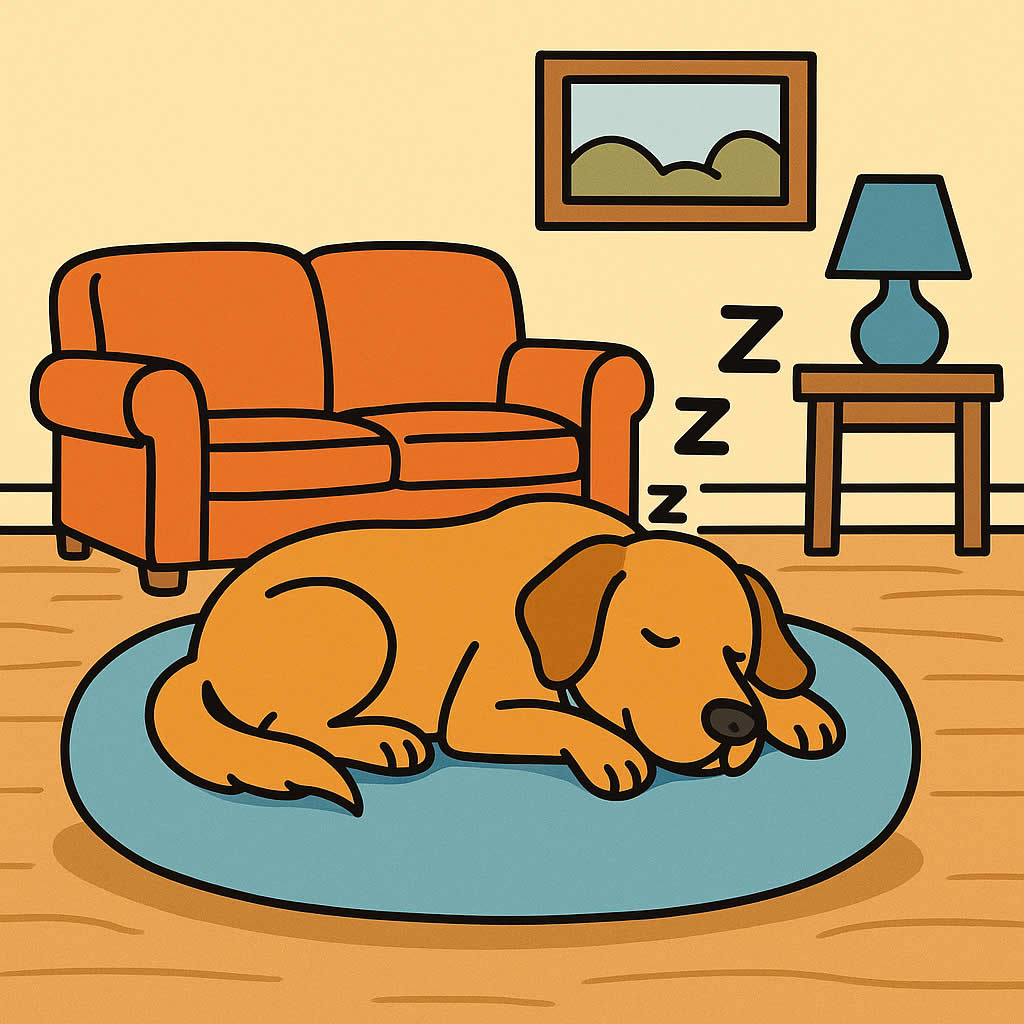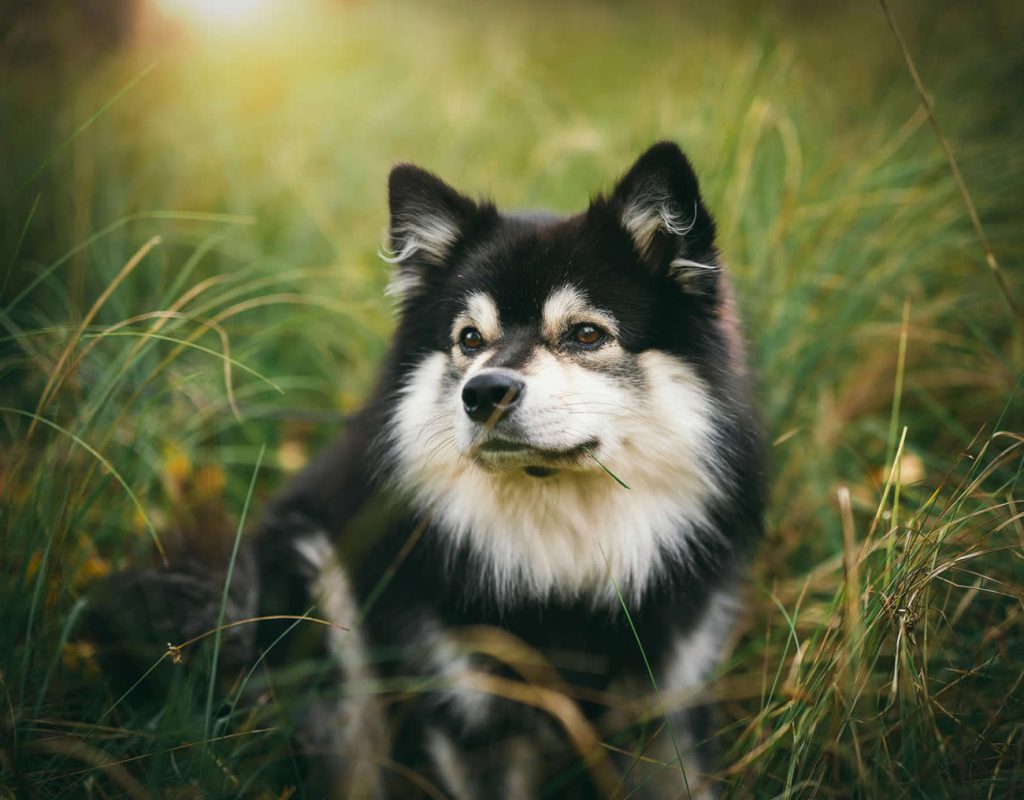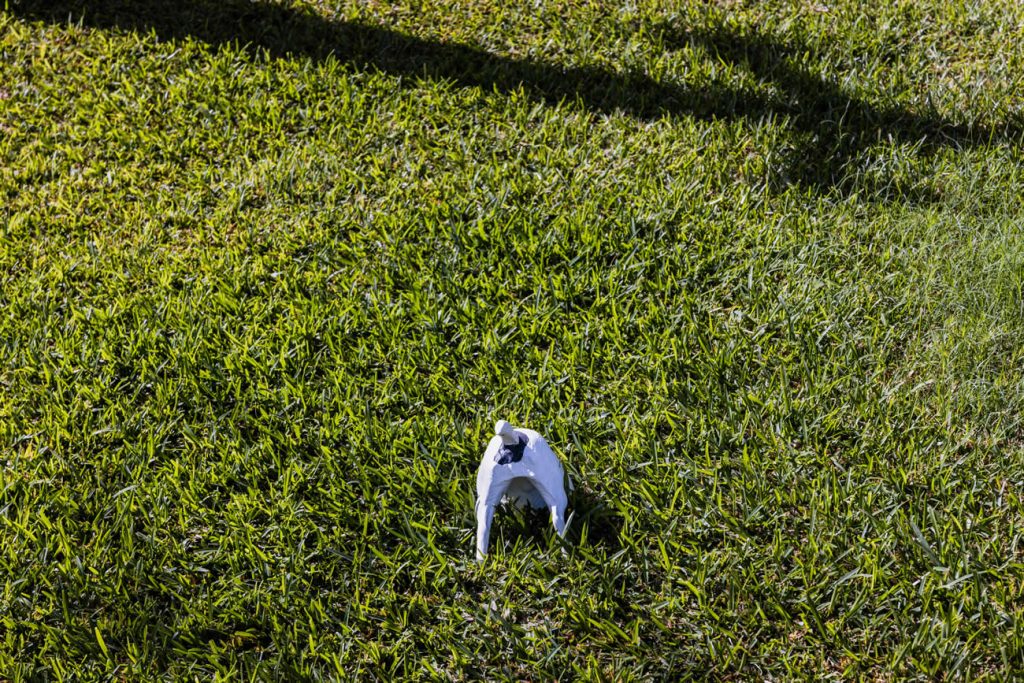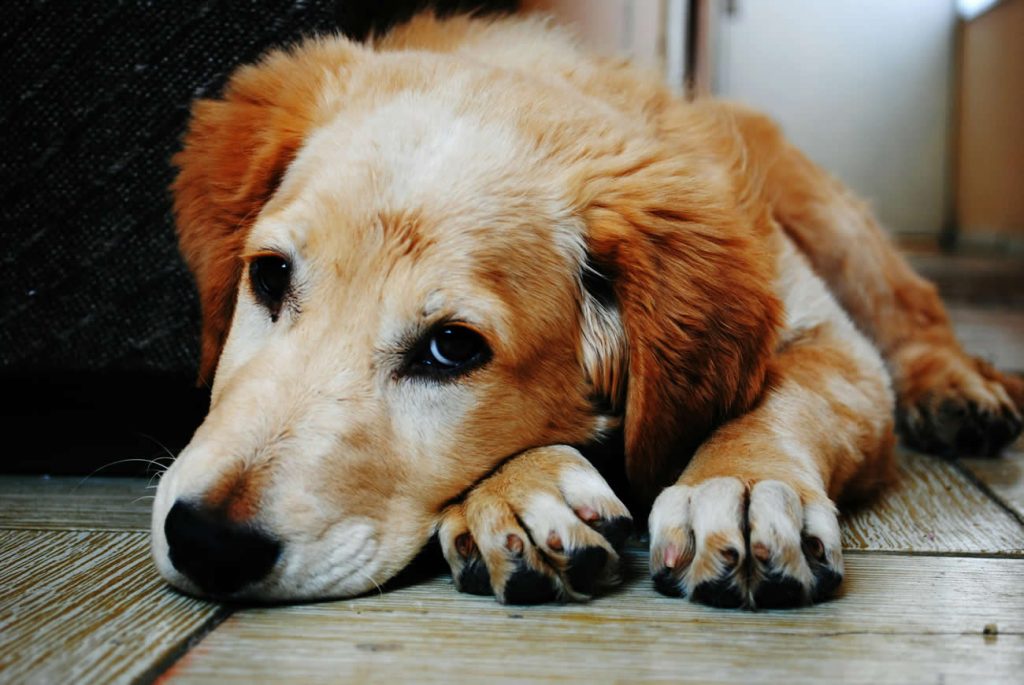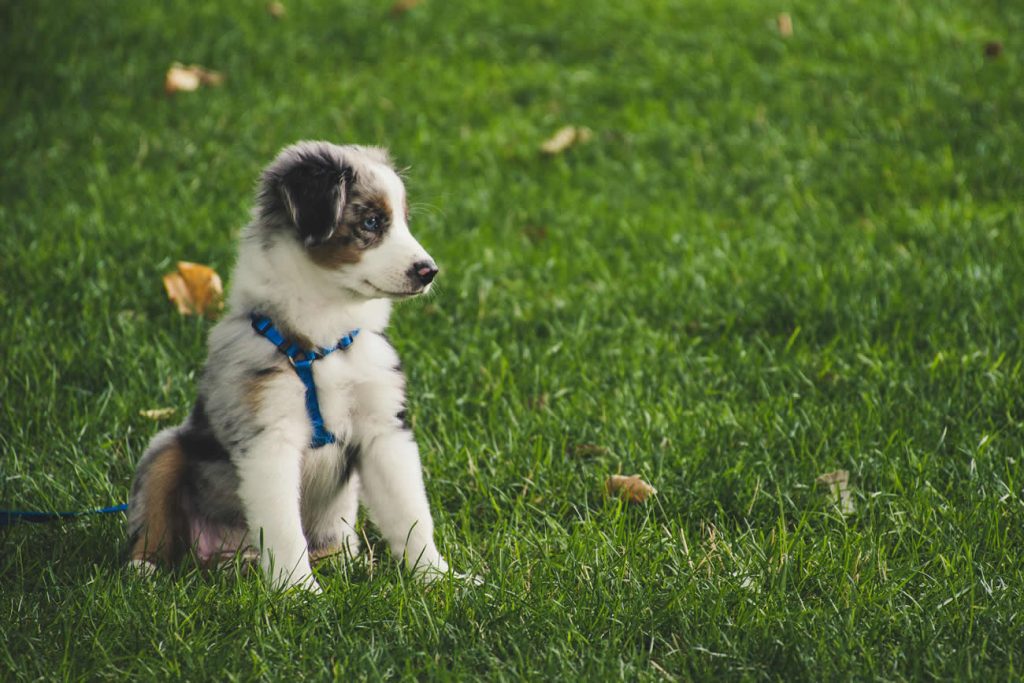If you’ve got a dog, you’ve probably noticed just how much they sleep. You might find them curled up in the same spot for hours, drifting off after a walk, or napping again just after they’ve woken up. It’s easy to wonder—is this normal? And more to the point, how long do dogs actually sleep?
The truth is, dogs sleep a lot. Much more than most people expect. And it’s not just about being tired. Sleep plays a huge role in your dog’s health and wellbeing. When they’re not sleeping enough—or when they’re sleeping too much—it can tell you something important about what’s going on with them.
In this post, we’ll go through how long dogs sleep, what affects their sleep, what’s considered normal, and when you should start paying closer attention. By the end, you’ll have a much clearer idea of what your dog’s sleeping habits really mean.
Dogs sleep more than people think
Dogs aren’t built like humans. They sleep in shorter bursts and wake more easily, but they also spend a lot more total time asleep. On average, most adult dogs sleep between 12 and 14 hours a day. Some sleep more. Some sleep less. But that’s the general range.
If you’re home with your dog during the day, you’ll notice they tend to nap on and off. They might be alert for a bit—especially around food or walks—but then they’re right back to sleep. That’s totally normal.
Their sleep isn’t all in one long stretch like yours. Instead, it’s broken up across the whole day and night. They might have deeper sleep at night when things are quiet, and lighter naps during the day when they still want to stay aware of what’s going on.
Puppies sleep even more
If you’ve got a puppy, expect lots of sleep. More than you’d probably expect. Puppies need anywhere from 18 to 20 hours of sleep a day in the early weeks.
Their brains and bodies are still developing, and sleep helps with everything from learning to muscle growth. When they’ve had a short burst of energy—playing, exploring, chewing something they shouldn’t—you’ll often find them passed out in the next room minutes later.
You might think something’s wrong if they’re sleeping most of the day, but it’s not. That’s what they need.
Older dogs slow down again
As dogs age, they start sleeping more again. You might notice your older dog taking longer naps or not being quite as active. That’s also normal. Just like people, dogs slow down as they get older. Their joints might ache a bit more, and their energy levels dip. Sleep gives them a break.
Senior dogs might sleep 16–18 hours a day, depending on their health. They also tend to nap more during the day and might wake more during the night. If their sleep pattern changes suddenly, though, it’s worth speaking to your vet—just to rule anything out.
Breed matters, too
Not all dogs have the same sleeping patterns. Some breeds are just more laid-back than others. Larger dogs, in particular, tend to sleep more. They use up more energy moving around, so they need more time to recover.
Here are a few examples of breeds that often sleep longer:
- Great Danes
- Mastiffs
- Saint Bernards
- Newfoundlands
- Greyhounds
That doesn’t mean smaller dogs don’t enjoy a good nap—they do—but you’ll often find toy breeds like Chihuahuas or Terriers have more short bursts of energy and less deep sleep during the day.
Lifestyle plays a big role
How long your dog sleeps doesn’t just come down to breed or age. It also depends on what kind of life they’re living.
If your dog is home alone most of the day with not much going on, they’ll probably sleep more out of boredom. That doesn’t always mean they’re tired—it just means there’s not much else to do.
But if your dog’s life is full of walks, training, playing, and social time, their sleep will line up more with actual rest and recovery.
A few things that affect your dog’s daily sleep:
- How much exercise they get
- What and when they eat
- How much mental stimulation they get
- Whether you’re home or away
- How much noise and movement is around
Dogs adjust to the pace of your household. If things are calm, they’ll likely snooze through most of the day. If there’s always something going on, they might stay alert for longer stretches and crash later.
Can dogs sleep too much?
It depends. A dog that’s sleeping 16 or even 18 hours a day might be totally fine—if they’re healthy, happy, and alert when they’re awake.
But if your dog suddenly starts sleeping much more than usual, or seems lethargic, something might be going on. It could be physical—like an underlying illness—or emotional, like stress or boredom.
Here’s when it’s worth looking closer:
- Your dog stops being interested in walks or play
- They sleep through meal times or ignore food
- They seem confused or disoriented when awake
- Their behaviour has changed with no clear reason
A slight shift is usually nothing to worry about. But if you’re seeing more than just a bit of extra dozing, speak to your vet. Better to catch something early than miss signs that something’s wrong.
Can dogs not sleep enough?
Yes, and it matters. Dogs need rest to stay healthy. If they’re not getting enough sleep, they can become stressed, irritable, or even unwell.
Common reasons dogs don’t sleep enough:
- Loud noises keeping them up
- Discomfort from pain, illness, or joint problems
- Changes in routine or location
- Not getting enough exercise during the day
- Anxiety when left alone
If your dog seems tired but won’t settle, check the basics first. Is their bed in a quiet spot? Do they have a consistent routine? Are they getting enough time to wind down before bed?
Some dogs are more sensitive to changes than others, so even small shifts can throw them off. Give them time and space to rest, and try to keep things calm at night.
What does healthy dog sleep look like?
When your dog’s sleeping well, it’s easy to tell. They fall asleep quickly, stay relaxed, and wake up happy and alert.
You might see their legs twitch or hear them breathe differently during deeper sleep. That’s normal. Dogs go through sleep cycles, just like you do—including REM sleep, which is when dreams happen. So if their paws are twitching or they’re softly barking in their sleep, they’re probably dreaming.
Signs your dog’s getting enough good-quality sleep:
- They wake up easily but not startled
- They’re alert and active when awake
- They nap at regular times
- They sleep well at night without restlessness
- Their behaviour hasn’t changed suddenly
Should you let your dog sleep in your bed?
It’s up to you. Some people love having their dog close at night. Others prefer to keep the bedroom dog-free. There’s no right or wrong answer—just what works best for you and your dog.
If your dog sleeps better near you and it doesn’t disturb your sleep, there’s no harm. But if they’re restless, take up too much space, or disturb you during the night, it’s okay to set boundaries.
Wherever your dog sleeps, make sure it’s consistent, comfortable, and quiet.
Creating the right sleep environment
Helping your dog get the sleep they need isn’t hard, but it does take a bit of thought. Here’s what makes a difference:
- A soft bed in a quiet, low-traffic area
- Consistent sleep and wake times
- No loud noises or bright lights overnight
- Plenty of daytime activity to help them wind down
- A calming routine in the evening
Dogs, like people, benefit from rhythm and routine. If they know what to expect, they’ll settle quicker and sleep more soundly.
When to speak to a vet
You don’t need to worry about every nap your dog takes. But if something feels off, trust your instincts.
Call your vet if:
- Your dog’s sleep pattern changes suddenly
- They seem drowsy or unresponsive when awake
- They start having accidents during the night
- They show signs of pain, stiffness, or discomfort
- They wake up distressed or vocal at night
Sleep is tied closely to your dog’s overall health. So if something’s changed and you’re not sure why, it’s worth getting checked out.
Final thoughts
So, how long do dogs sleep? Most adult dogs sleep between 12 and 14 hours a day. Puppies and older dogs often sleep more—sometimes up to 20 hours. It all depends on their age, breed, routine, and how they’re feeling.
If your dog’s sleeping a lot but seems happy, healthy, and alert when they’re awake, there’s probably nothing to worry about. But if you notice big changes in their sleep, energy, or behaviour, don’t ignore it.
Sleep is one of the clearest windows into your dog’s wellbeing. When they’re sleeping well, it usually means everything else is going well, too. So watch for patterns, trust what you see, and always look out for the little signs that tell you how your dog’s really doing.

